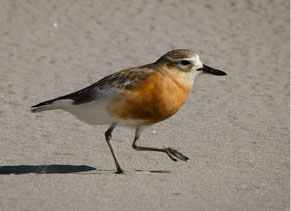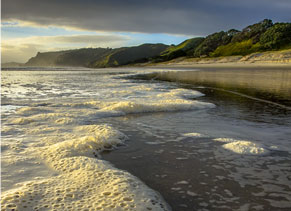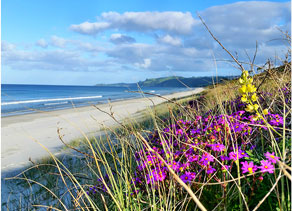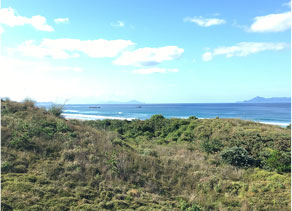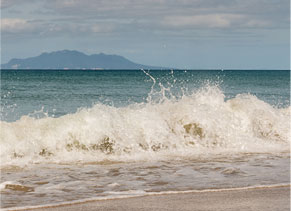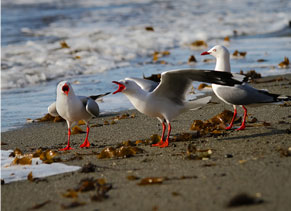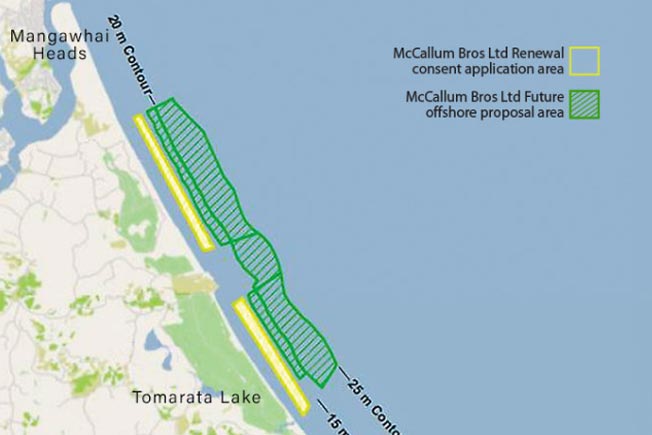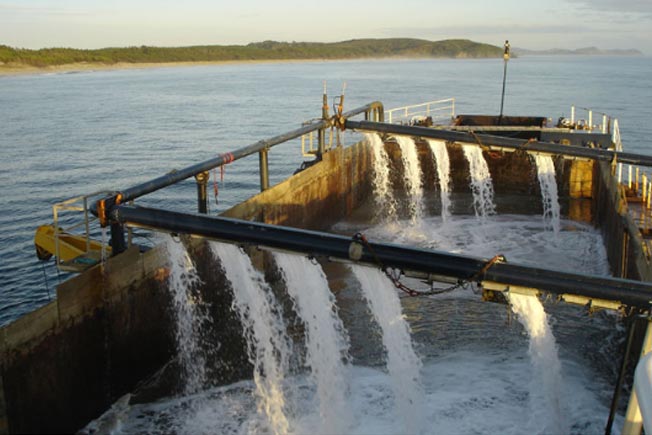Protect and Improve the Mangawhai-Pakiri
Coastal Marine Area and its Environments
Donate Now Get InvolvedOur Story
Friends of Pakiri Beach
Pakiri Beach is a spectacular beach with glistening white sand. The quartz grains are so ancient and well rounded that when you walk on this sand, it squeaks.
Friends of Pakiri Beach was formed out of love for this beach.
Our primary purpose is to Protect and Improve the Mangawhai-Pakiri Coastal Marine Area and its Environments.
Sand miner McCallum Brothers are seeking to renew their consent to mine vast quantities of sand from the waters off Pakiri Beach and Mangawhai.
Kaipara Limited has also applied for a new resource consent and coastal permit for offshore sand extraction from Pakiri Beach further offshore and beyond McCallum Brothers existing sand mining.
We are launching a legal objection to this application.
For this we urgently need your support.
No other first world country allows nearshore sand mining – we need your help to stop this madness and take back control of this precious resource, which sustains this beautiful coastline.
Why we care
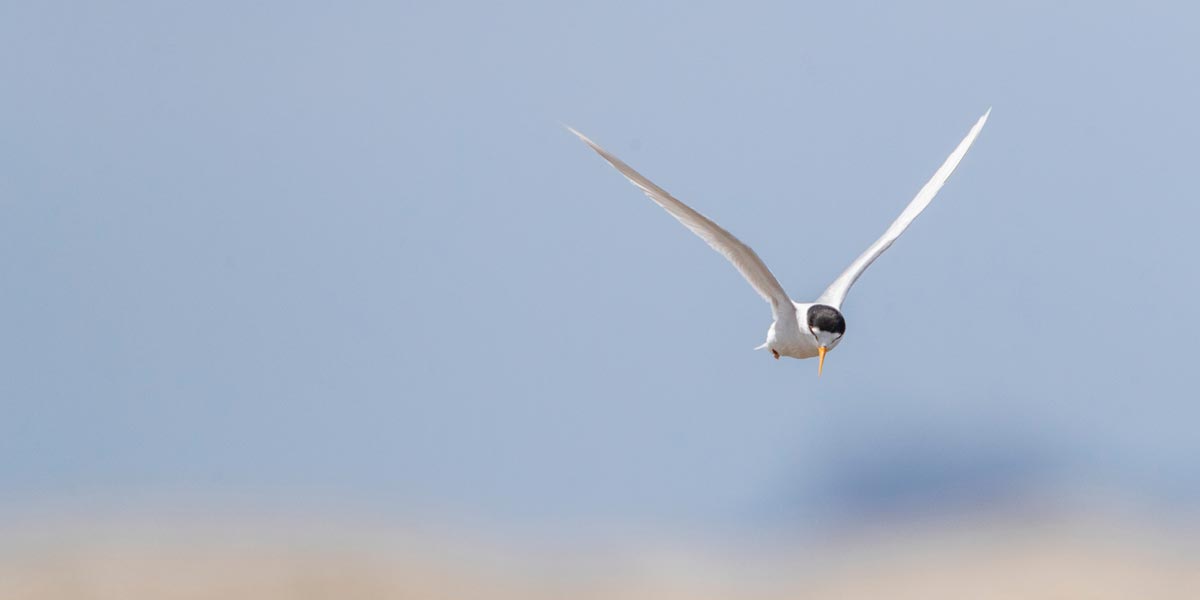
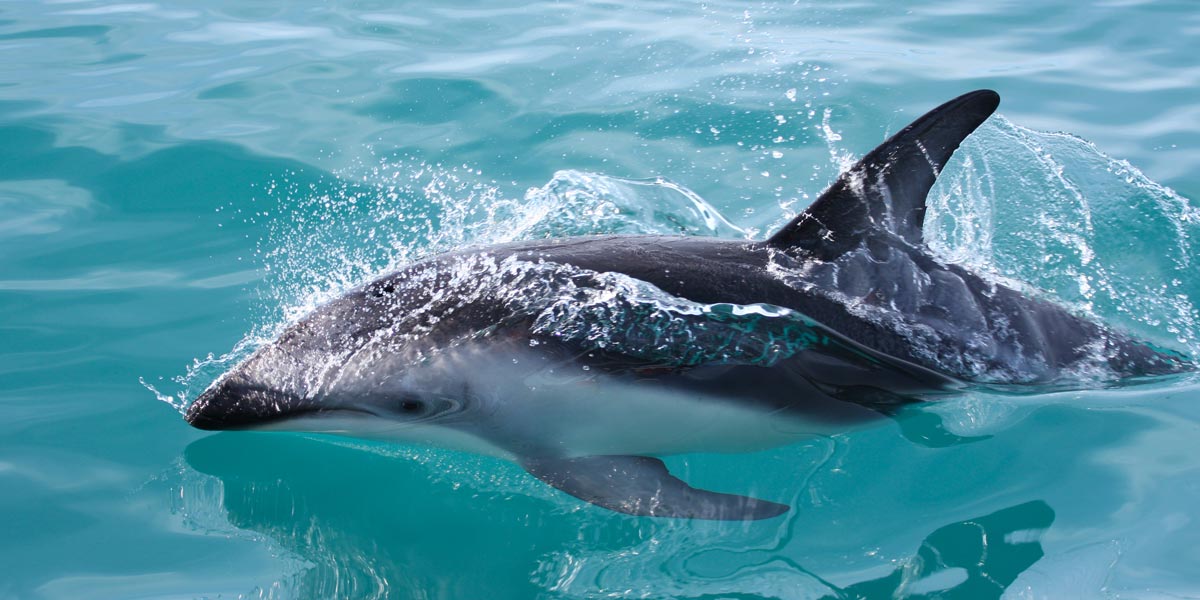
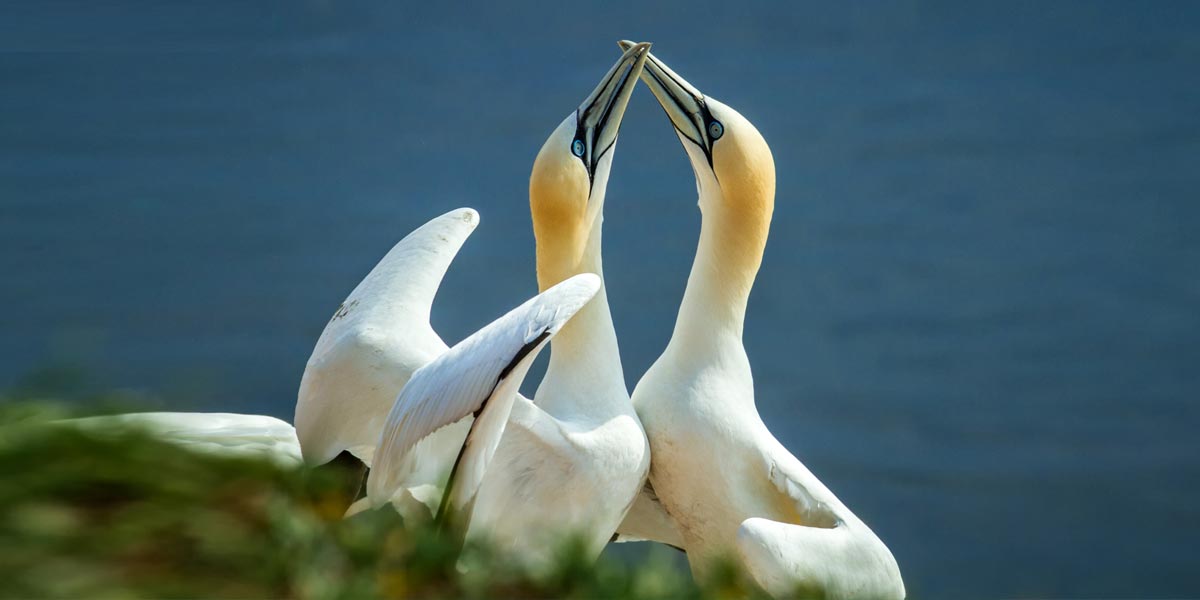
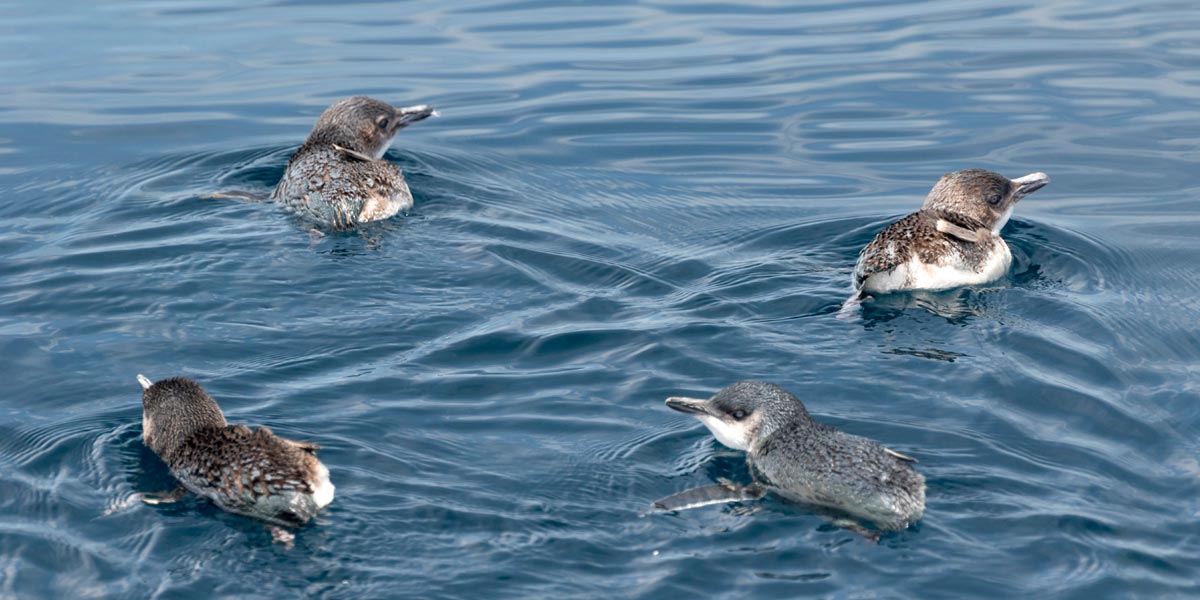
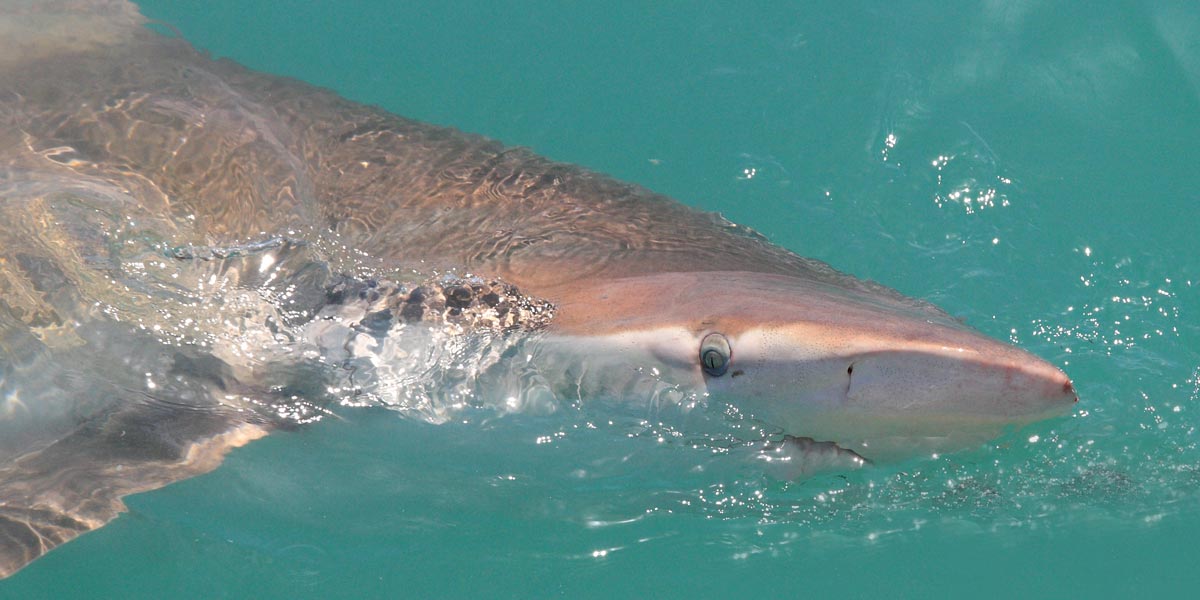
Rare wildlife
Pakiri Beach is a sacred place with an abundance of wildlife, some of which is extremely rare. This is not surprising, given the beach is so close to Goat Island, New Zealand’s oldest, pioneering marine reserve.
Clouds of bombing gannets, orca chasing stingray in the shallows, dolphins surfing the waves, fairy terns (New Zealand’s rarest bids), gannets diving for fish, along with bronze whalers and blue penguins are just a few of the special creatures that call Pakiri Beach their home.
Remarkable Sand Dunes
The beach is also renowned for its sand dunes, or moon craters as we called them in our youth. Our sand dunes are remarkable. What we regard as a normal part of our landscape are considered national treasures in other parts of the world.
In France, sand dunes of equivalent size to Pakiri Beach receive 2 million visitors per annum, such is the appreciation for these wondrous sand giants.
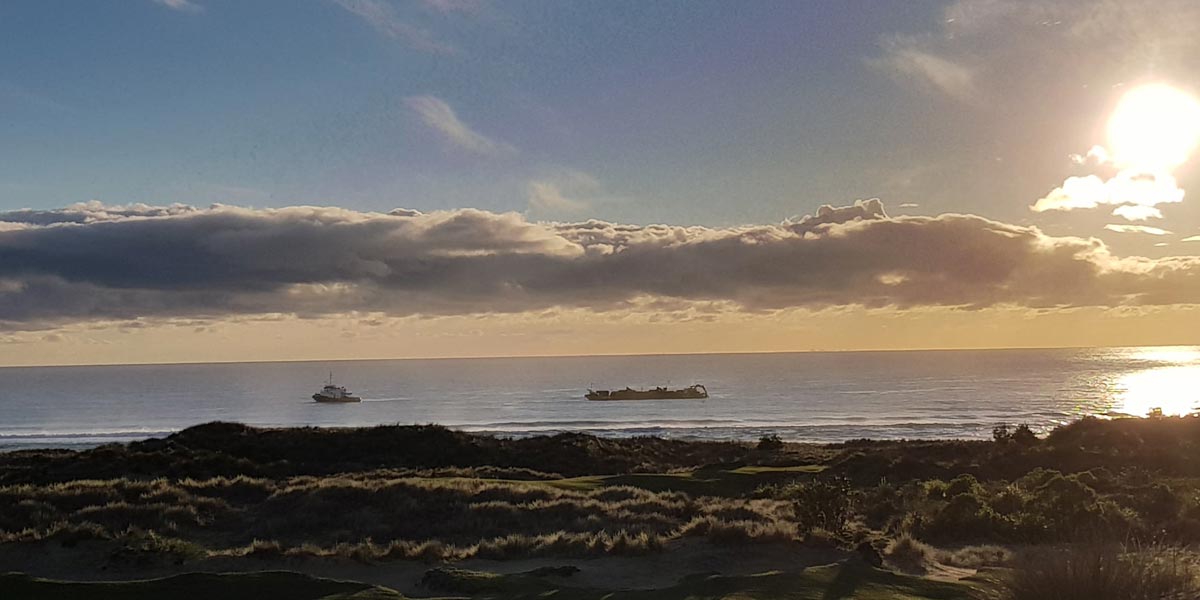
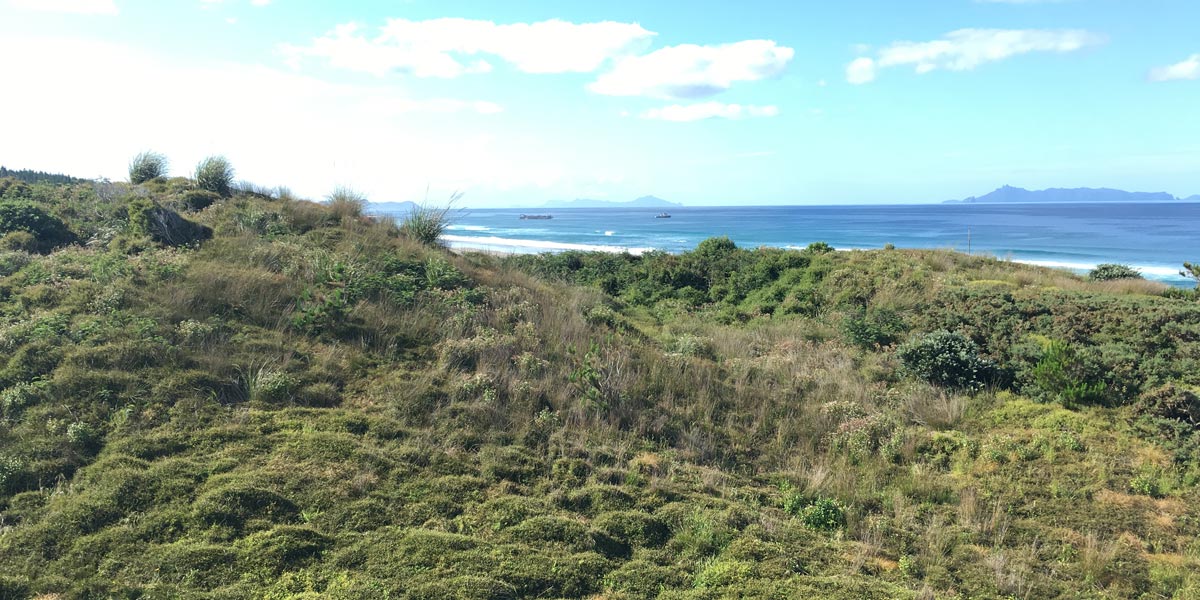
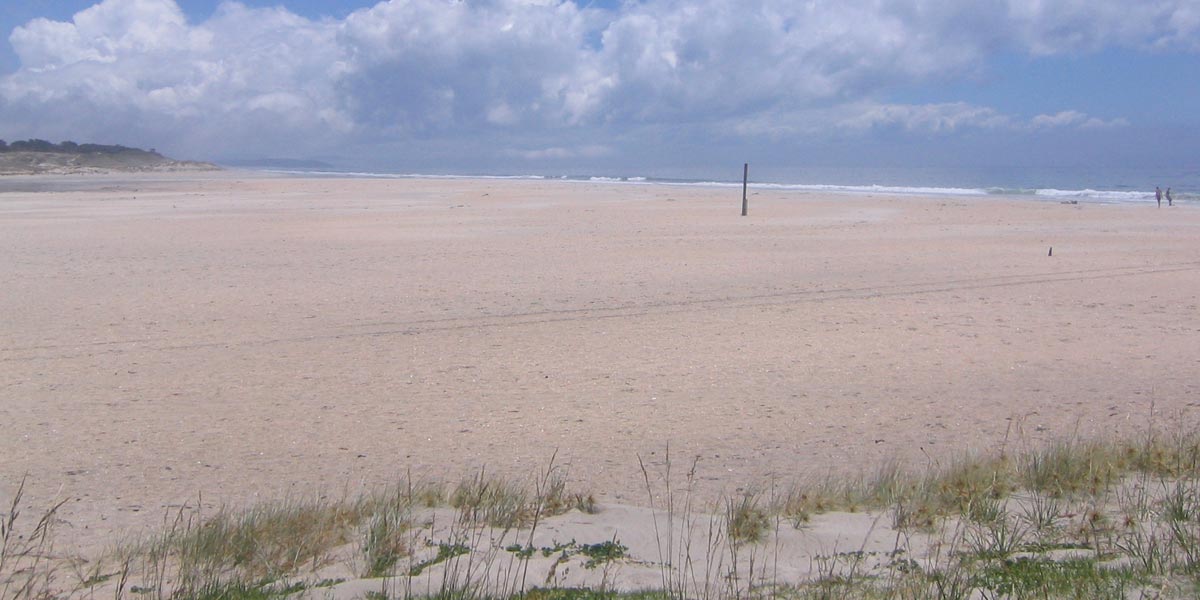
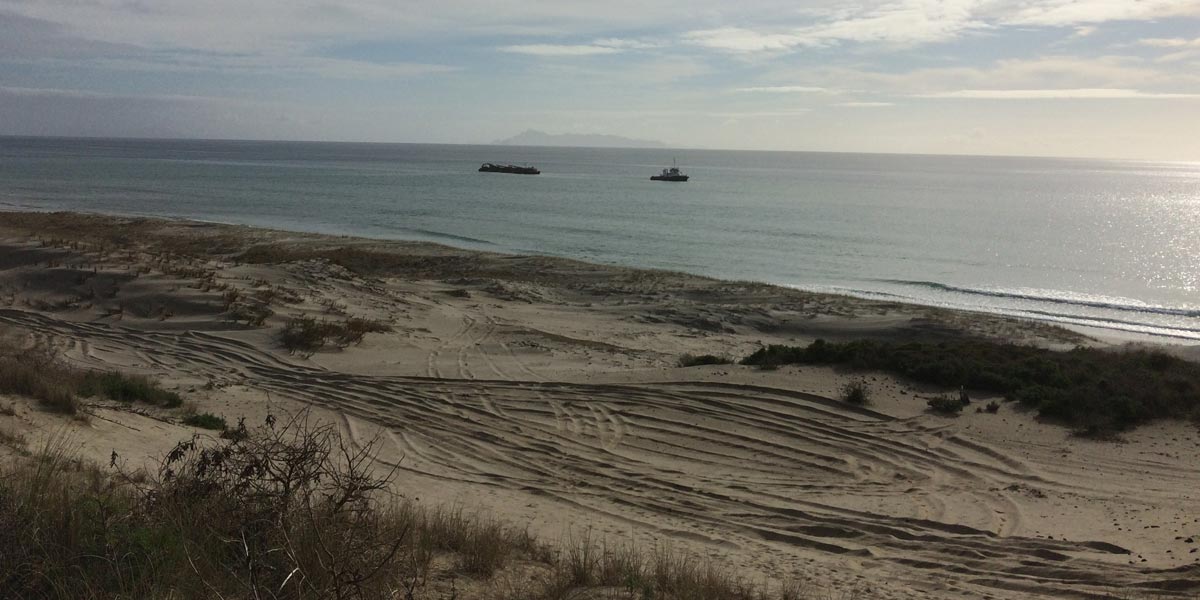
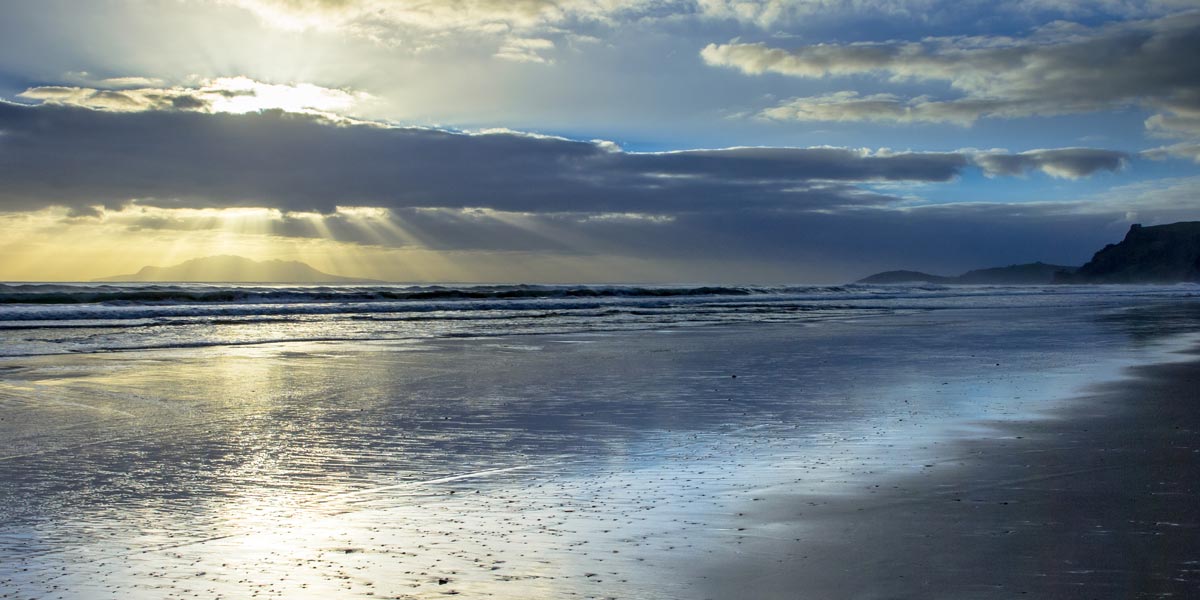
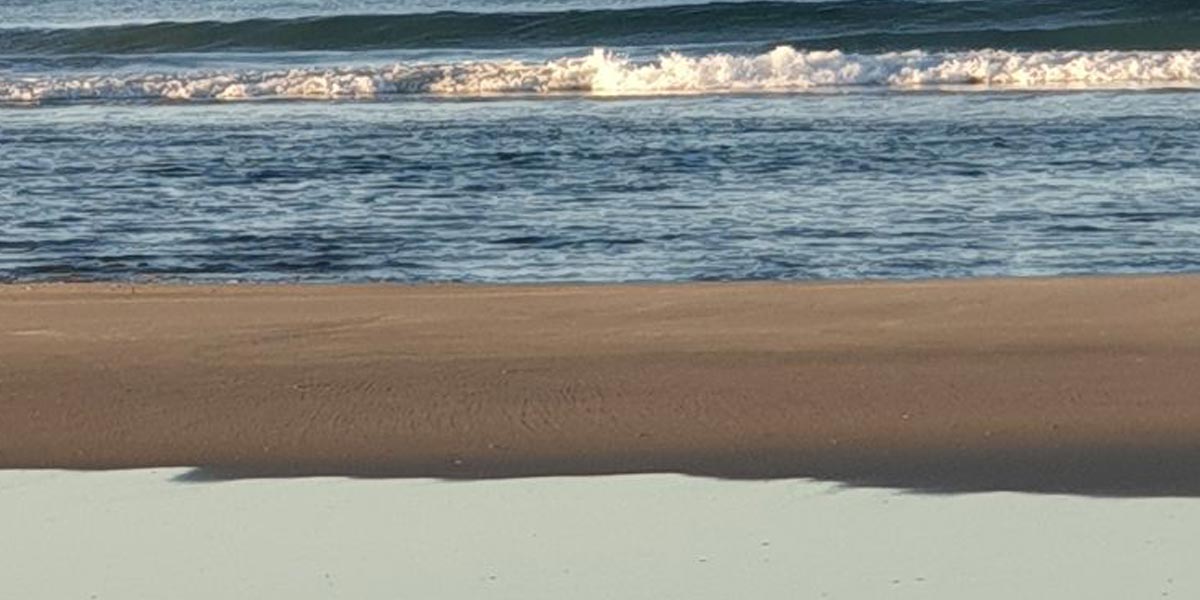
We have a duty to protect our dunes because they are special - taonga, and once they’re gone, they’re gone forever.
What’s at stake
McCallum Brothers current consent to mine sand from Pakiri Beach expires in May, 2020.
The company is applying to take 1.9 million cubic metres more sand, an increase on the 1.6 million they were granted 14 years ago. This amount is equivalent to removing the total Mangawhai sand spit sand volume — including the dune and more.
Sign the petition to cease sandmining off Pakiri Beach.
This is the largest single nearshore dredging activity in the developed world.
The 2006 consent processes ended up in the Environment Court after the sand miners’ initial application was denied by the Auckland Regional Council.
The court case focused on whether the Pakiri embayment was being replenished with sand and if the mining was contributing to erosion of the foreshore. Despite no less than EIGHT expert opinions to say that it was causing erosion, the court ruled in favour of a single opinion in support of the sand miners.
We can’t allow this to happen again. For this we urgently need your support.
No other first world country allows nearshore sand mining – we need your help to stop this madness and take back control of this precious resource, which sustains this beautiful coastline.
Why do they insist on taking our sand?
There are numerous alternate sustainable sources of sand, including from the Kaipara, and from a new land based resource at Te Arai, but McCallum Brothers insist on taking sand from Pakiri Beach.
Why should Pakiri suffer the environmental burden of the McCallum’s corporate inflexibility in not moving their dredging to other sustainable areas, as all of the other sand miners have done?
Pakiri beach is a natural treasure – this is why Auckland Council established two new regional parks at either end of it for the benefit of everyone who wants to visit this special place. Sand mining causes erosion, damages precious habitats and native species – and is an unattractive eyesore on this pristine coastline.
We can’t stand by and allow it, in this new environmental age, to be mined.
How can we say ‘No’ to plastic, but ‘Yes’ to destructive sand mining?
In this day an age, to put commercial interests ahead of environmental preservation is unacceptable. We live in an era of environmental awareness. We know how precious and finite our natural resources are. So how can we say no to plastic bags but allow sand mining that will destroy our beaches?
Commercial profit should never be at the expense of the right of the people of New Zealand to enjoy our wonderful beaches in their natural form. Or at the expense of the right of native species to inhabit them undisturbed. Commercial prosperity for the few must not be built on destruction of precious ecosystems and the erosion of foreshores.
Can you imagine life in NZ without beaches?
It’s easy to take our beaches for granted in NZ because we’ve always had them. It’s hard to imagine life without them in their current form, and yet that’s a very real possibility.
According to Jim Dahm, who has worked as a coastal scientist for more than 40 years, Pakiri is a finite sand system,
"It's got all the sand that it's pretty much ever going to get, and anything you draw is going to be replaced ultimately, in the long term, by erosion of the dunes."
We must stand up for our beaches, their miraculous dunes, the species that inhabit them, the people that visit them and the generations that have yet to experience them. Hands off our sand!
Help us save Pakiri Beach by contributing to our cause. By making a donation, you can help ensure we have sufficient resources to prepare and fight our case.

My parents lived in Pakiri and my family has had a place here for 35 years, and we know the mining is damaging to the beach. There are thousands of non-erosionary sand sources, either on shore or out in the Kaipara, so it’s not needed here.”

Pakiri is a finite sand system. It's got all the sand that it's pretty much ever going to get, and anything you draw is going to be replaced ultimately, in the long term, by erosion of the dunes."

For east coast beaches, [sand erosion] figures generally vary between the potential for 20 metres to 50 metres erosion with one metre sea level rise and we're expecting one or two metres as a minimum. So the last thing you want to be doing is sucking sand out of it."
Newsletter Sign up
Subscribe for our newsletter and stay up to date with Friends of Pakiri Beach news, events and latest updates.

Newsletter Sign Up
Stay up to date with Friends of Pakiri Beach newsletter, Sign up for free and stay informed about our cause.